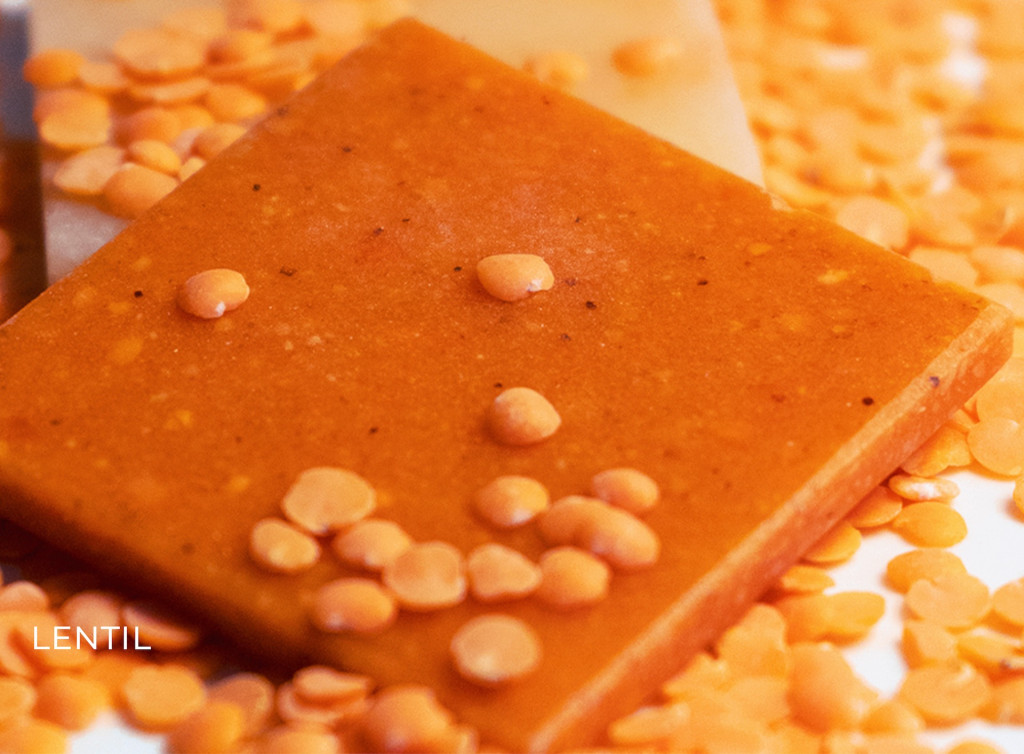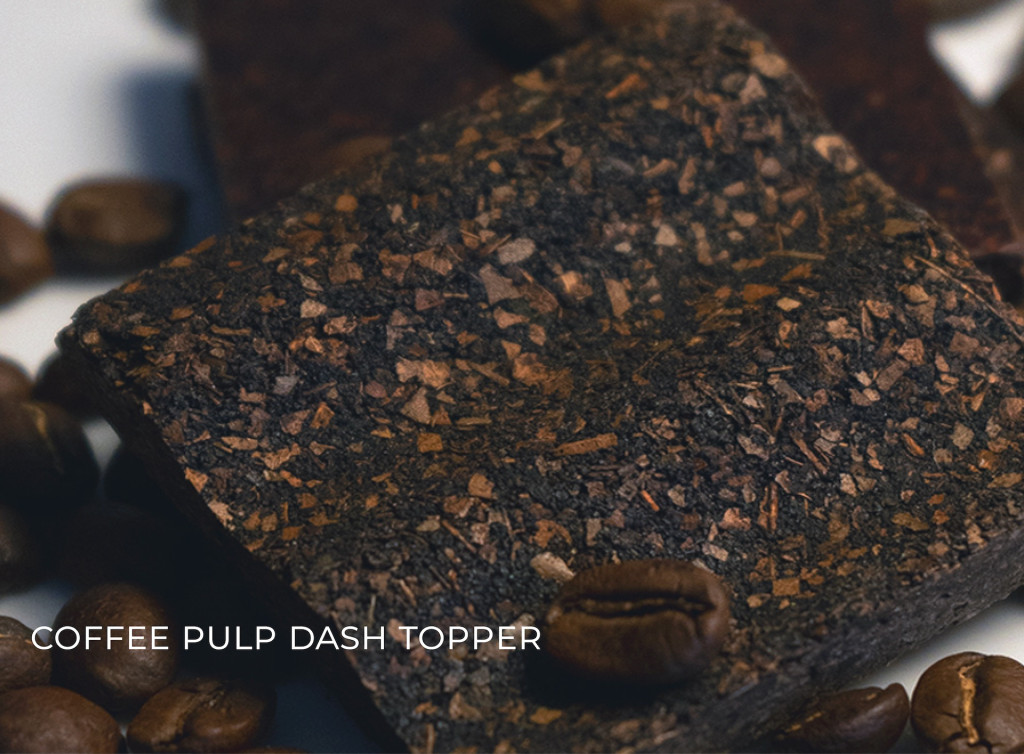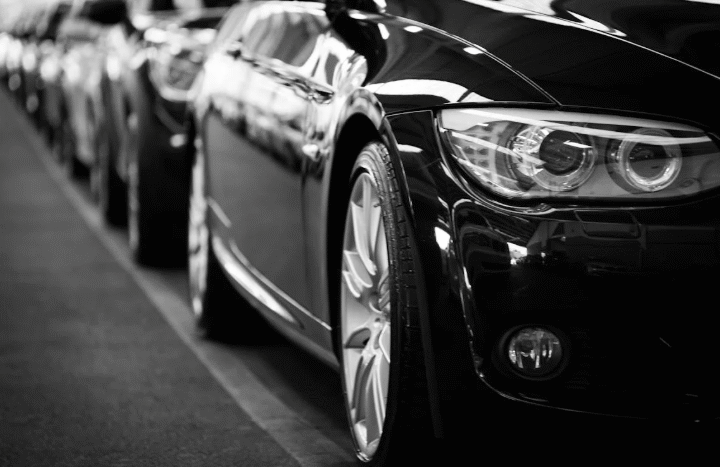
As much more cars go electrical, automakers are also starting to glimpse at the environmental impact of additional than just the powertrain. With that in mind, Callum, the structure agency started by automotive designer Ian Callum, restomodded a Porsche 911 inside making use of products created from meals waste and other refuse.
Designers recognized espresso pulp, eggshells, red lentils, walnuts, and rice as viable components to be applied in future automobile interiors by 2030.
For case in point, eggshells have been combined with resin to produce a clean opaque content that could provide as a plastic substitute, the organization said. This product can have a glossy or matte finish, and was utilized for the trim all around the window switches. Walnut shells can be extra as very well, growing full recycled content for the materials from a claimed 78% to 84%.

Sustainable product utilized in Callum design study
Expired rice or lentils can be manufactured into a easy translucent product for gentle handles or illuminated switches, even though espresso pulp could switch the plastics used for dashboard trim items, the organization mentioned.
Some materials could also be a superior in good shape for their shade. Callum mentioned that purple carrot pulp produces a mulberry-like coloration, whilst tree leaves can type a dark good content as an choice to traditional wooden veneers.
Another likelihood is apparel waste. Corporations are presently taking discarded jeans, shredding them, and urgent them with potato or corn starch to produce a really hard materials that could be utilised for seat shells or dashboard sections, according to Callum.

Sustainable materials used in Callum design study
The 911 restomod inside also includes Camira, a fabric made from recycled polyester, for the seat centre facings, and Féline, created from recycled PET plastic bottles, for the bolsters. Every single delivers no excess weight penalty as opposed to regular plastics, and can be recycled all over again. Last but not least, the carpet is manufactured from Econyl, a product composed of recycled nylon carpeting and fishing nets.
Automakers have experimented with sustainable products for some time, heading back to Canadian wheat straw in the Ford Flex about a decade in the past. Extra not too long ago, the 2023 Fisker Ocean and 2024 Volvo EX90 have incorporated carpets made from recycled fishing nets. Audi and Polestar have pledged to use additional recycled components in long run automobiles as effectively, and BMW explored this notion with the i Eyesight Circular strategy unveiled in 2021.


 Smart budgeting strategies for tradespeople
Smart budgeting strategies for tradespeople  Vintage Ring Settings Loved by London Couples
Vintage Ring Settings Loved by London Couples  Autoblog Garage Video: 2023 Subaru Legacy Sport packs XT power at a lower price
Autoblog Garage Video: 2023 Subaru Legacy Sport packs XT power at a lower price ![Porsche 718 Spyder RS Debuts [w/video] Porsche 718 Spyder RS Debuts [w/video]](https://i1.wp.com/doubleapex.co.za/wp-content/uploads/2023/05/Porsche-718-Spyder-RS-Debuts.jpg?w=720&resize=720,530&ssl=1) Porsche 718 Spyder RS Debuts [w/video]
Porsche 718 Spyder RS Debuts [w/video]  How To Get Free Charity Cars For Veterans? 2023
How To Get Free Charity Cars For Veterans? 2023  Upgraded McLaren 750S is The Marvel Anti Hero of Supercars
Upgraded McLaren 750S is The Marvel Anti Hero of Supercars  Exploring New Car Ratings: A Comprehensive Insight into Automotive Excellence
Exploring New Car Ratings: A Comprehensive Insight into Automotive Excellence